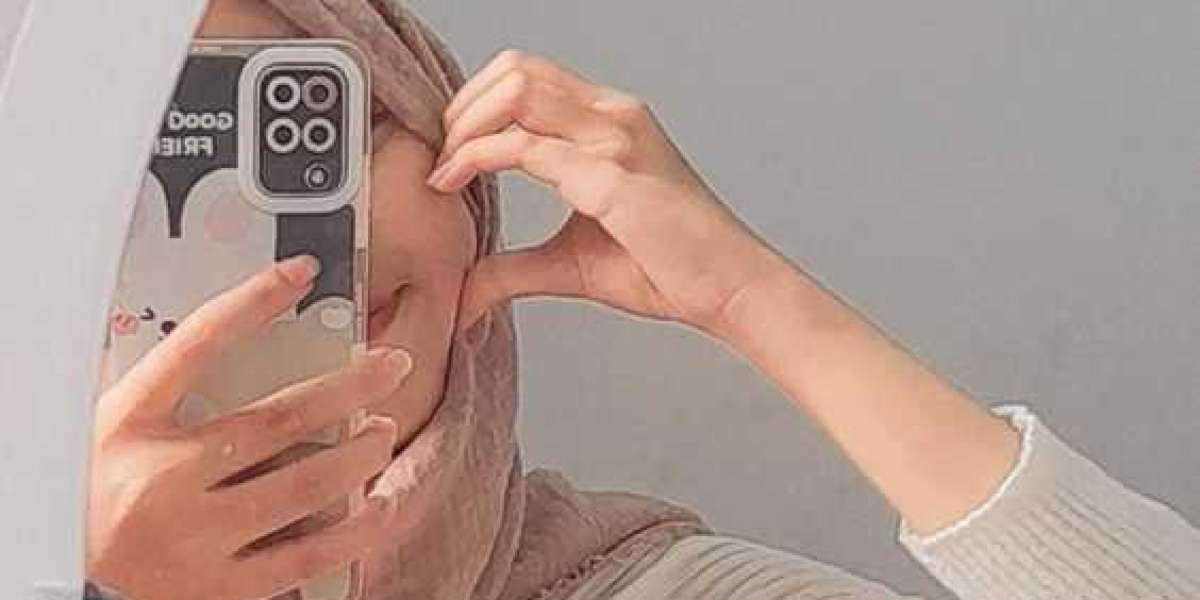Understanding how relationship therapy works is essential for couples seeking to heal emotional wounds, improve communication, or reignite intimacy. Relationship therapy offers a structured, safe environment to explore challenges and build stronger connections. Whether facing frequent arguments, emotional distance, or trust issues, relationship therapy helps couples address the root of the problem with professional guidance. In many cases, relationship therapy provides clarity, helping partners decide on the future of their relationship with mutual respect and understanding.
1. What to Expect in Your First Sessions
During the initial sessions, a licensed therapist will typically assess the couple’s dynamic and history. This phase includes:
Understanding the communication style of each partner
Identifying core issues like trust, intimacy, or financial stress
Setting relationship goals for therapy
Outlining a treatment plan and number of expected sessions
You can expect both joint and individual sessions early on, especially if emotional trauma or unresolved past issues are present.
2. Common Techniques Used in Relationship Therapy
Therapists often apply a mix of evidence-based methods to guide the healing process. The most commonly used techniques include:
Emotionally Focused Therapy (EFT): Helps partners connect through understanding emotional triggers.
Cognitive Behavioral Therapy (CBT): Assists couples in identifying and changing negative thought patterns.
Imago Therapy: Encourages empathy by exploring each partner’s inner child and unconscious expectations.
The Gottman Method: Focuses on conflict resolution, emotional connection, and strengthening friendship.
Each couples counseling session may integrate one or more of these techniques based on your specific challenges and goals. Therapists adapt their approach depending on whether both or only one partner is involved.
3. The Role of Individual Counselling
While joint therapy is central, individual counselling may also be recommended. This is especially useful when:
One partner has unresolved trauma
Mental health conditions like anxiety or depression are affecting the relationship
Personal growth is needed to support the couple’s progress
These individual sessions run parallel with couples work, allowing for deeper personal reflection and faster emotional breakthroughs.
4. Key Benefits of Relationship Therapy
By consistently attending therapy and actively participating, couples may experience:
Improved communication and active listening
Greater emotional and physical intimacy
Healthier conflict resolution
Rebuilt trust and mutual understanding
Shared decision-making and goal setting
Many couples find that therapy strengthens not just their relationship, but also their individual self-awareness.
Conclusion
Relationship therapy is not just for relationships in crisis—it’s for any couple ready to invest in lasting emotional connection and understanding. With a clear structure, professional techniques, and personalized strategies, therapy helps couples thrive. Whether you attend a couples counseling session together or explore individual counselling alongside it, the journey toward a healthier relationship starts with a single conversation.








